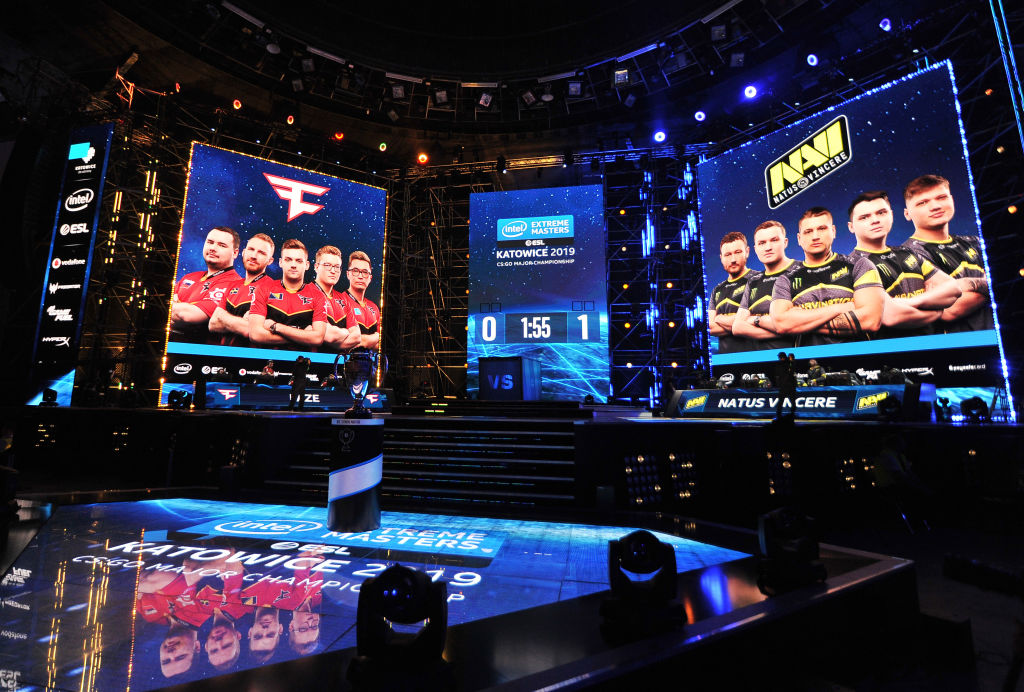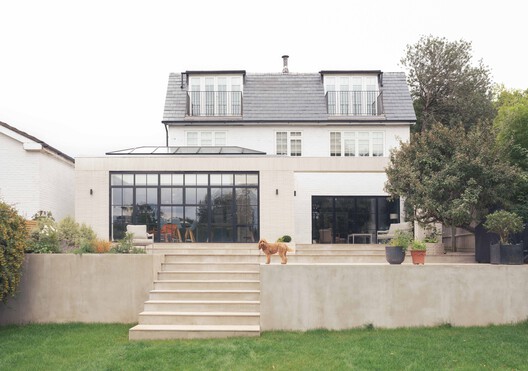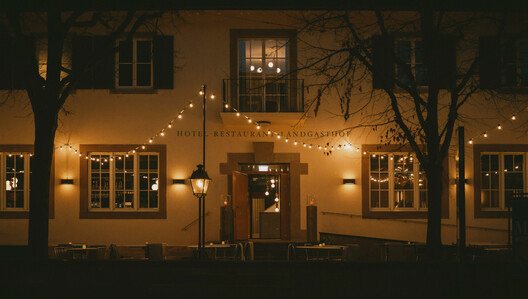Iron Rhine strategic railway chugs back to life to counter Russia
Belgium, the Netherlands and Germany are in talks to revive the Iron Rhine railway, a line dating back to the 19th century, aiming to boost military mobility in response to the growing Russian threat.
“The military angle has brought the Iron Rhine back into the spotlight,” said Herman Welter, a railway expert at the Gazet van Antwerpen newspaper, adding that this aspect might now play a significant role in the decades-long discussions about reactivating the railway.
Iron Rhine, which once connected the Port of Antwerp in Belgium to Germany’s industrial Ruhr region, was pivotal for Allied forces during and after World War II. Largely unused for decades, parts of it have been abandoned since 1991.
But now, as EU military mobility needs increase and other rail lines face capacity issues, the pressure is mounting for action. “It’s getting on [the countries’] nerves,” said a mobility consultant close to the talks who spoke on condition of anonymity, confirming that discussions are accelerating.
“This project is political,” said Thomas De Spiegelaere, spokesperson for the Belgian transport ministry. “Prime Minister [Bart] De Wever has taken control of the project himself.”
Not everyone, however, is fully on board with prioritizing the railway’s revival.
The Dutch, in particular, are less than enthusiastic. Their section is short while the parallel Betuwe line already links Rotterdam to Germany. The reluctance also has commercial roots: the Port of Antwerp has long championed the Iron Rhine, viewing it as a potential challenge to the Port of Rotterdam’s dominance in the region.
“The Netherlands goes along, but they’d rather sabotage it from the inside,” the consultant noted. The Dutch government did not respond to a request for comment.
In Belgium, the current hope is that the military angle will accelerate the project’s reactivation. But as Welter pointed out, “The Netherlands holds the key,” adding that “if it costs them little or nothing, they’ll cooperate.”
One of the reasons the Netherlands may eventually come around, Welter noted, is the potential financial boost from NATO’s new spending targets and EU funding — €17 billion may be available for military mobility from 2027 in the proposal for the EU’s next long-term budget.
“If the EU provides free money to build the infrastructure,” the mobility consultant said, “even the reluctant Netherlands will get on board.”
Discussions to revive the Iron Rhine have been ongoing for years and have sparked disputes over issues such as environmental concerns. In 2003, Belgium and the Netherlands took their fight over the railway’s reactivation to an arbitration tribunal, which ruled that Belgium could move forward with the reactivation, but would bear the environmental costs — with the Netherlands contributing only if it stood to benefit.
In the current talks, Welter noted that Berlin seems relatively in favor of the project, even as Iron Rhine poses the biggest infrastructure challenges in Germany thanks to difficult terrain around the junction city of Aachen and the collapse of the Rastatt tunnel in 2017.




















:quality(85):upscale()/2023/09/18/918/n/1922398/a1136b676508baddc752f5.20098216_.jpg)
:quality(85):upscale()/2025/10/09/670/n/1922283/00b944c868e7cf4f7b79b3.95741067_.jpg)
:quality(85):upscale()/2025/10/15/765/n/1922398/29c37a6e68efd84bb02f35.49541188_.jpg)
:quality(85):upscale()/2025/09/09/891/n/1922283/7222624268c08ccba1c9a3.01436482_.png)
















